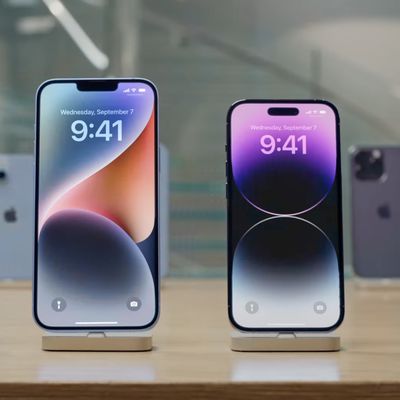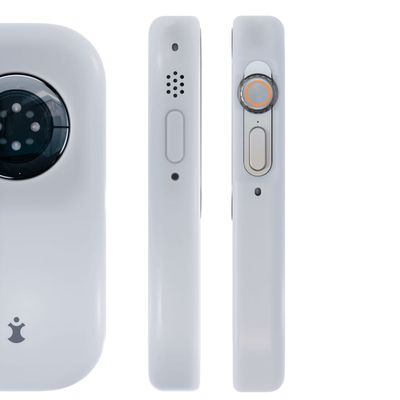Following the revelation of government data gathering program PRISM in June, Apple released a statement on customer privacy that suggested the company was unable to access or decrypt iMessage and FaceTime conversations.
According to researchers who presented at the Hack the Box conference in Kuala Lumpur (via Macworld), it is actually possible for someone inside Apple to intercept messages because the company has access to public iMessage keys.

The company's claim that iMessage is protected by unbreakable encryption is "just basically lies," said Cyril Cattiaux, who has developed iOS jailbreak software and works for Quarkslab, a penetration testing and reverse engineering company in Paris.
The researchers emphasized they have no indication that Apple or the government is reading iMessages, only that it would be possible to do so.
To encrypt iMessages, Apple utilizes public key cryptography, which means that every Apple device is assigned both a private key and a public key. When an iMessage is sent, it requests the public key of the recipient's device to encrypt the message, which is then decrypted by a private key upon receipt.
Because Apple manages public keys and does not divulge them to users, it is not possible to verify that a sent iMessage is going to the intended recipient. Apple could, for example, substitute or add a public key to intercept an outgoing message without the sender being aware of the change, as end users do not have access to public keys.
With a public server, such as MIT’s PGP Public Key Server, the sender can at least see more information, such as whether a key has changed. At that point, the sender can decide whether they want to trust it or not if they suspect a man in the middle attack. Apple’s key server is not public, the researchers say.
"The biggest problem here is you just cannot control that the public key you are using when you are ciphering the message is really the key of your recipient and not, for example, the public key of some guy in Apple," Cattiaux said.
According to the researchers, there would be no way for an end user to detect an intercepted or rerouted message from their iOS device, as it is impossible to see whether or not a key has been switched or where a message has been routed. The solution to the issue, to introduce true end-to-end encryption, would require Apple to store public keys on each iOS device to allow users to compare keys to verify that messages are going to the intended recipient.
Earlier this year, a Drug Enforcement Agency document noted that it was impossible for law enforcement agencies to eavesdrop directly on iMessage conversations due to Apple's encryption, but it appears that Apple itself could potentially intercept those messages using public keys.
Update: Apple spokeswoman Trudy Muller said in a statement to AllThingsD that "iMessage is not architected to allow Apple to read messages," adding that "The research discussed theoretical vulnerabilities that would require Apple to re-engineer the iMessage system to exploit it, and Apple has no plans or intentions to do so."




















